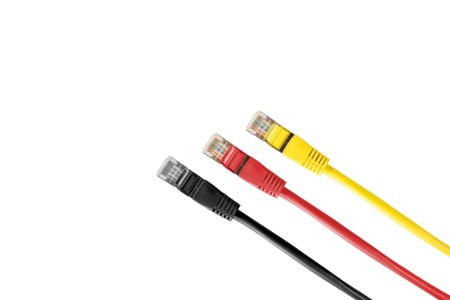Noise-cancelling earplugs have become an essential tool for many individuals seeking to manage their auditory environment. Whether you are a frequent traveler trying to catch some sleep on a noisy flight, a student needing to concentrate in a bustling library, or simply someone looking to enjoy a peaceful moment at home, these innovative devices can significantly enhance your quality of life. The technology behind noise-cancelling earplugs has evolved rapidly, and understanding how they work, their benefits, and their limitations is crucial for making informed choices.
The primary function of noise-cancelling earplugs is to reduce unwanted ambient sounds. They achieve this through passive and active noise-cancellation methods. Passive noise cancellation involves physically blocking sound waves from entering the ear, typically through a snug fit and sound-absorbing materials. On the other hand, active noise cancellation uses microphones to pick up external sounds and generate sound waves that are the exact opposite, effectively canceling them out. This dual approach makes them particularly effective in environments with consistent noise, such as air conditioning systems or traffic sounds.
One of the most significant advantages of using noise-cancelling earplugs is improved focus and productivity. In workplaces or study environments filled with distractions, these earplugs allow individuals to immerse themselves in their tasks without being interrupted by external noise. This can lead to enhanced performance, as concentration levels are maintained for longer periods. Moreover, students often report that using these earplugs during exams or study sessions helps them achieve better results.
Travelers also find immense value in noise-cancelling earplugs. Airplanes, trains, and buses can be notoriously noisy, making it difficult to relax or sleep. With the help of these earplugs, passengers can create a more serene environment, allowing them to arrive at their destination feeling refreshed. The ability to block out engine noise and chatter can transform an uncomfortable journey into a more pleasant experience.
In addition to their use in travel and work, noise-cancelling earplugs are beneficial for sleep. Many people struggle with insomnia or disrupted sleep due to external noises such as street traffic or loud neighbors. By wearing these earplugs at night, individuals can create a quiet sanctuary that promotes deeper, more restorative sleep. The importance of quality sleep cannot be overstated, as it is essential for overall health and well-being.
However, it is essential to note that not all noise-cancelling earplugs are created equal. Some may offer better sound isolation than others, and the effectiveness can vary based on the fit and design. Users should consider their specific needs and the environments in which they will be using the earplugs. For instance, those who require earplugs for sleeping might prioritize comfort and softness, while commuters may seek maximum noise reduction.
Maintenance and care of noise-cancelling earplugs are also crucial for ensuring their longevity and effectiveness. Regular cleaning is necessary to prevent the buildup of dirt and earwax, which can diminish sound quality and hygiene. Additionally, users should store their earplugs in a protective case to avoid damage when not in use. Understanding how to care for these devices will enhance their performance and extend their lifespan.
As technology continues to advance, the future of noise-cancelling earplugs looks promising. Innovations such as Bluetooth connectivity and customizable sound profiles may soon become standard features. These advancements could allow users to tailor their listening experience further, adapting to various environments and personal preferences. Research into the long-term effects of prolonged use of noise-cancelling devices is also an area that warrants further exploration.
While noise-cancelling earplugs provide numerous benefits, it is essential to use them responsibly. Over-reliance on these devices can lead to a disconnection from the surrounding environment, which may pose safety risks, especially in public spaces. Users should remain aware of their surroundings and use earplugs judiciously, particularly in situations where being alert is crucial.
In conclusion, noise-cancelling earplugs represent a valuable tool for enhancing personal comfort and productivity in a noisy world. Their ability to block out unwanted sounds can lead to improved focus, better sleep, and a more enjoyable travel experience. As technology evolves, ongoing research into their effectiveness and user experience will be vital. Future studies should also explore the potential impact of long-term use and the development of new features that could further benefit users. By understanding the nuances of noise-cancelling earplugs, individuals can make informed choices that enhance their daily lives.

